(JNS) People often look at a rabbi as a scholar with the expertise to teach halachah (Jewish law) and adjudicate Jewish law disputes.
However, Rabbi Joseph Ber Soloveitchik (known to many as “the Rav”) said a rabbi is more than just a halachic expert, more than just a moreh hora’ah (“instruction teacher”) or a dayan (“judge”). As he explained, if a rabbi takes part in “socio-political functions,” such as caring for the people’s welfare, charity, etc., then he is also “a leader and his appointment requires the sanction of the community.”
Soloveitchik continued: “The Rav has never been only the moreh tzedek (teacher of the right path), but also the faithful shepherd of his flock.”
This, however, doesn’t mean that a rabbi is to opine on every matter.
A famed student of Soloveitchik, Rabbi Shalom Carmy, wrote about Soloveitchik’s self-imposed restrictions on speaking out on all issues. For instance, he wrote: “In 1968, at the height of the euphoria that followed Israel’s victory in the Six-Day War, [Soloveitchik] ruled that decisions about concessions of land for peace should be left to military experts, not to rabbis. He said this, in spite of his conviction that most of the land taken by the Israeli army is part of the biblical Land of Israel and that occupying it fulfills a divine commandment.”
Soloveitchik’s position on the role of a rabbi sets an interesting backdrop to a recent letter signed by Orthodox rabbis, many of whom consider themselves “Modern Orthodox,” a denomination of Judaism whose creation is largely attributed to Soloveitchik.
In “A Call for Moral Clarity, Responsibility and a Jewish Orthodox Response in the Face of the Gaza Humanitarian Crisis,” the rabbis wrote, “Hamas’s sins and crimes do not relieve the government of Israel of its obligations to make whatever efforts are necessary to prevent mass starvation.”
The letter also criticized some Israeli politicians, whom the rabbis characterized as extreme and drew attention to widely reported “settler violence” against Palestinians. The signatories wrote that “the justified anger toward Hamas has dangerously expanded by some extremists into blanket suspicion of the entire population of Gaza, children included, tarnished as future terrorists. Meanwhile, in Yehuda and Shomron (the West Bank), extremist settler violence has resulted in the murder of civilians and has forced Palestinian villagers from their homes, further destabilizing the region.”
Some rabbis have pointed out that Soloveitchik didn’t remain silent after the Sabra and Shatila massacres in Southern Lebanon in 1982. Rather, as Carmy documented: “In 1982, Lebanese Christian militia allied to Israel perpetrated massacres at the Sabra and Shatila refugee camps. [Soloveitchik] demanded that Prime Minister Menachem Begin appoint a commission of inquiry to investigate Israel’s failure to prevent the massacres.”
As for the letter’s signatories, they have concluded that if innocent people were killed in Gaza and their deaths can be linked to Israel, justifiably or not, then Israel has a responsibility to investigate whether its actions or policies led to the deaths of innocent people. Even if it could have merely prevented the deaths of innocent people, Israel had the responsibility to reclaim the moral high ground by conducting a thorough investigation.
The reactions to the letter were hardly unified. Many people were critical of the rabbis’ acceptance of mainstream media reports on a humanitarian crisis and famine in Gaza, in contrast to official Israeli reports. The Israeli Foreign Ministry, for instance, has said reports of a famine “are fabricated” and “Hamas-driven” and that the threshold criteria for a famine were “from 30% to 15%.”
Some rabbis—pointing to the cruel nature of the Palestinian population in Gaza, their celebrations and support of the Simchat Torah massacre of Oct. 7, 2023, and their ongoing support for Hamas and violence against Israel and Jews—questioned whether Jews should show mercy to an enemy population, citing the Talmudic dictum, “Whoever is merciful to the cruel will ultimately become cruel to the compassionate.”
They cite this letter’s compassion for the cruel Palestinians in the Gaza Strip who call for Jewish blood, leading to the cruel vilification of Israeli policy, which is compassionate to the people of Gaza by providing unprecedented levels of aid.
Others point to the letter’s ineffective nature and criticize it as “handwringing and smugly self-congratulatory.”
Unlike Soloveitchik, who had built up a relationship with Begin before making his critical call to the prime minister in 1982, these rabbis haven’t done the prerequisite work necessary to ensure that their words carry influence. With little chance of Israeli leadership paying attention to it, what is the point of the letter? For now, it stands as just another brick in the wall of the debate over the role of rabbis in Israeli policy.
Like everyone else, rabbis have the right and ability to express their opinions on any host of subjects, including Israeli government policy, but rabbis are unique in their leadership roles in defining morality. They, more than anyone, must heed the words of the first-century scholar, Avtalion, who taught: “Sages, be careful with your words, lest you incur the penalty of exile and be carried off to a place of evil waters, and the disciples who follow you drink and die, and the name of Heaven becomes desecrated.”
Want more news from Israel?
Click Here to sign up for our FREE daily email updates


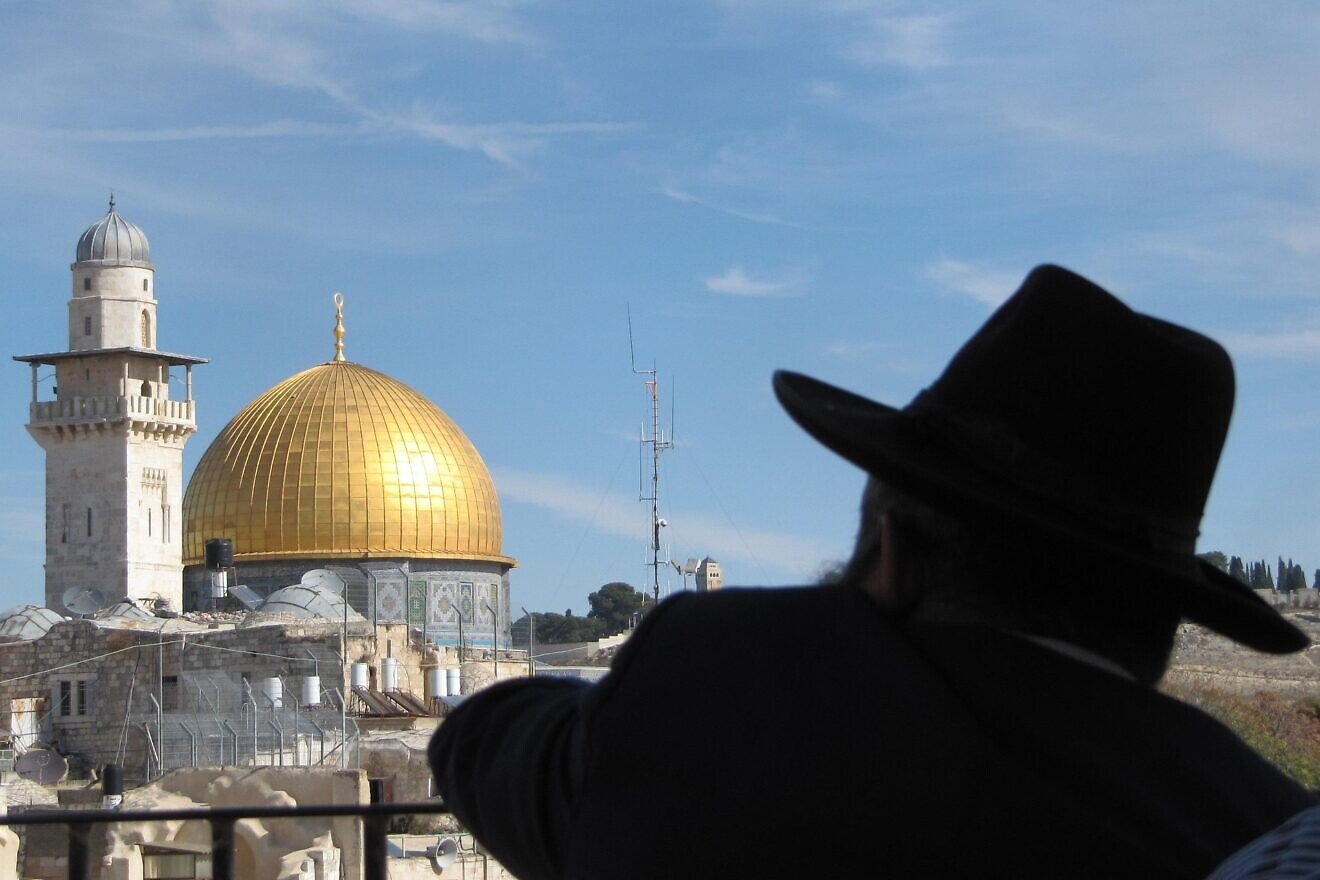



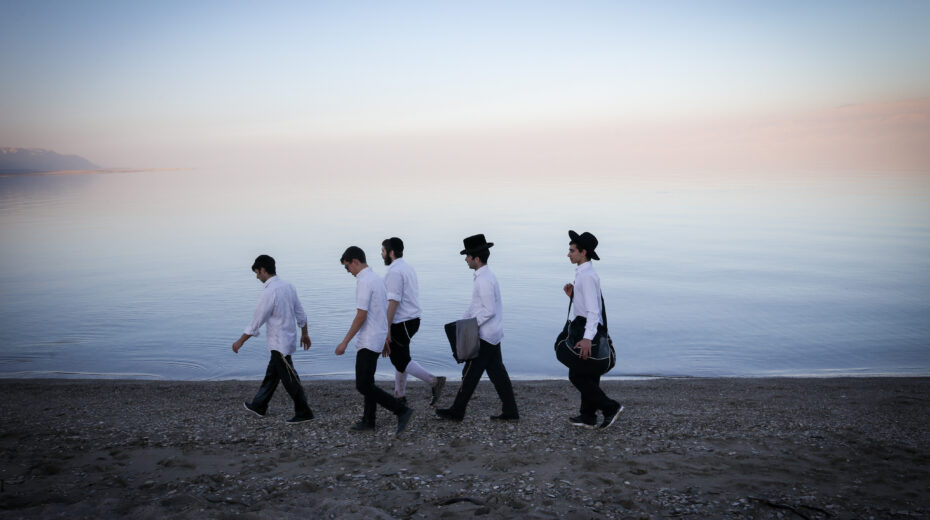

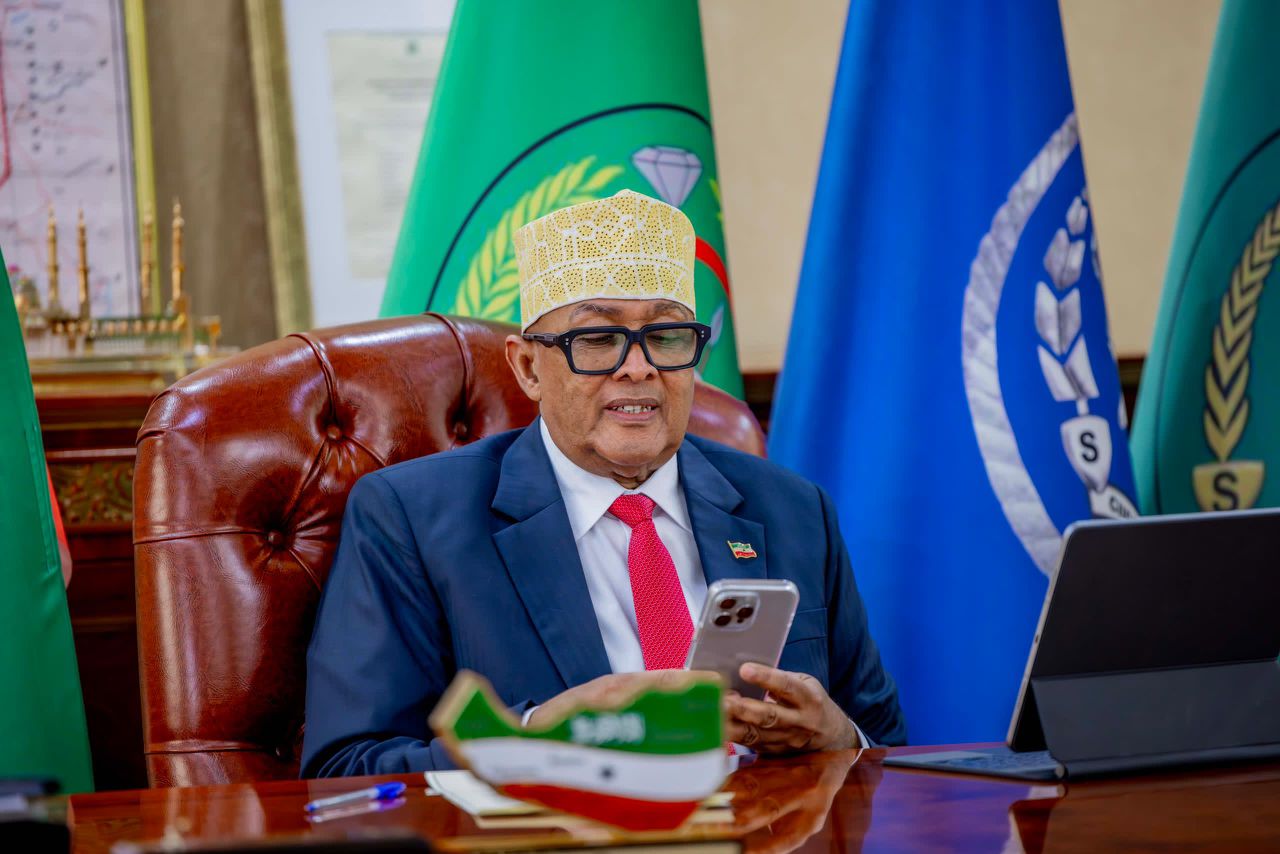

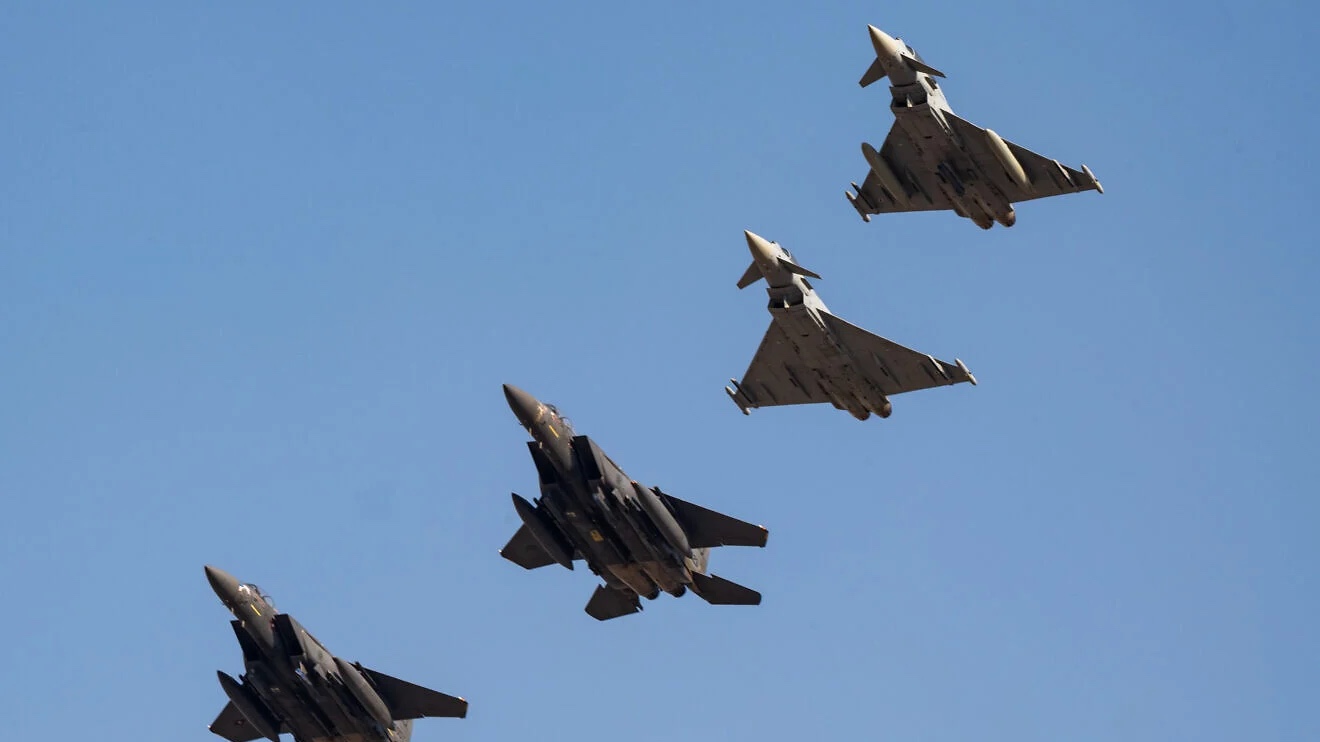
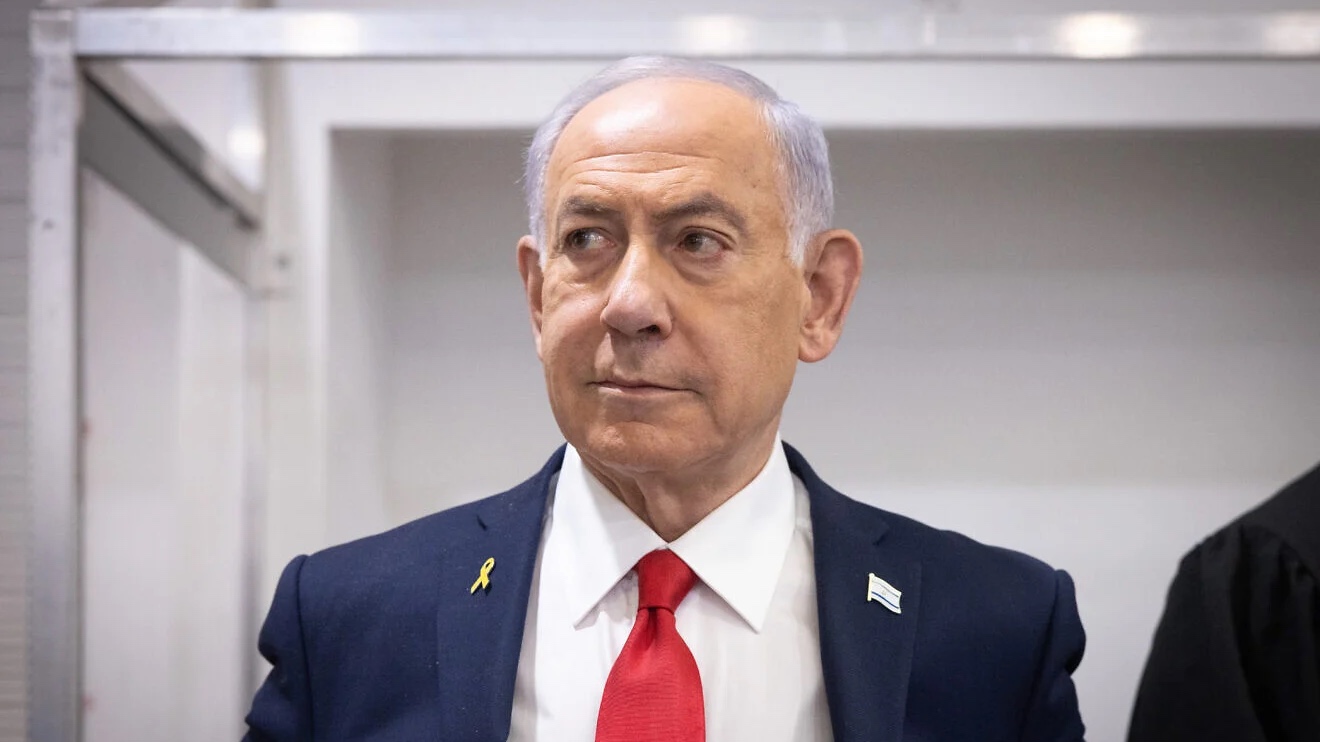



And I always thought that the Rabbi’s first duty was to seek the truth of Hashem !
Sorry I was wrong !